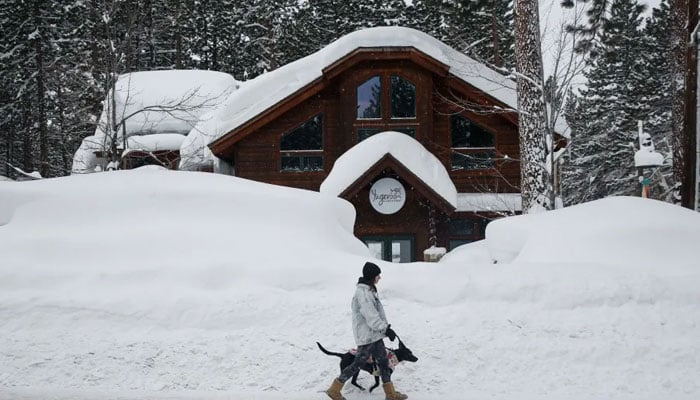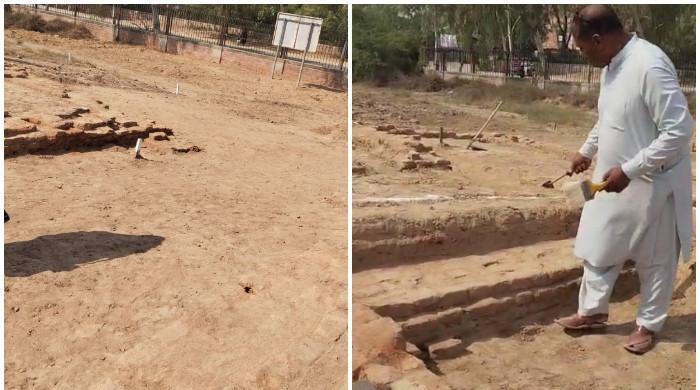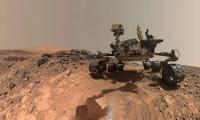2023 California snow deluge very important: Study
Experts emphasise the importance of conserving freshwater resources in the face of ongoing climate change
Last year, California experienced an extraordinary snowfall event known as a "snow deluge."
These rare occurrences happen approximately once every 20 years and result in heavy snowfalls that maintain a deep snowpack through April 1.
In 2023, California saw record-breaking snow on the ground, surpassing even the snowiest year in 1922. This was a welcome relief after a prolonged megadrought that lasted for over two decades.
A recent study published in the journal Proceedings of the National Academy of Sciences highlighted the significance of heavy snowfall in California in 2023.
The study termed this event a "snow deluge," indicating its rarity. However, due to climate change, such occurrences are expected to become increasingly rare in the future.
Lead author Adrienne Marshall mentioned that these big snow years should not be relied upon to solve water shortages.
“We shouldn’t count on these big snow years coming every couple of years to bail us out,” Marshall said.
The study predicts a 58% decrease in such snow deluges by the end of the century. As temperatures rise, snowpacks will shrink, making it harder to manage water resources.
Experts warn that California's reliance on snowpack for water needs is unsustainable, especially as the snowpack is expected to shrink with warming temperatures. Despite recent abundant snowfall, California's population growth and water management challenges remain.
Mark Serreze, director of the National Snow and Ice Data Center, who was not part of the research said that the snow deluges came from repeated atmospheric rivers.
“California is no stranger to atmospheric rivers, but having so many was pretty bizarre,” Serreze said. “Maybe we are moving back to a wetter regime, but even if we are, there is simply not enough water go around anymore. And as the climate warms, the snowpack will keep shrinking, making it harder and harder to manage the water resources.”
The study focused on snow rather than rain because snowpack serves as a natural reservoir, slowly releasing water during dry months. While there may still be years with heavy snowfall, they are projected to be lighter unless greenhouse gas emissions are reduced.
While last year's snowfall was a gift, we should not rely on such events to bail us out in the future. It is essential to appreciate the natural reservoir provided by snowpacks, especially in a state like California, where water scarcity is a significant concern.
The study's findings apply not just to California but to the broader Western region. Experts emphasise the importance of conserving freshwater resources in the face of ongoing climate change.
-
'Who's it?' Late-night doorbell prank mystery ends with bizarre twist
-
When blue met green: Jaybirds create a one-of-a-kind hybrid
-
Australian scientists grapple with 'despicable' butterfly heist
-
Floods from Koh-e-Suleman bring 2,000-year-old coins to Punjab
-
Octopus boom triggers ‘perfect storm’ for Britain’s shellfish trade
-
Cambridge can’t escape ‘skibidi’ as Gen Z slang adds 6,000 fresh entries
-
Italian Brainrot: The AI memes only kids know
-
Nasa's Curiosity rover discovers coral-like rock on Mars












